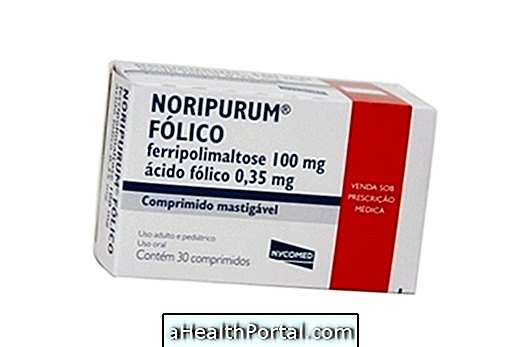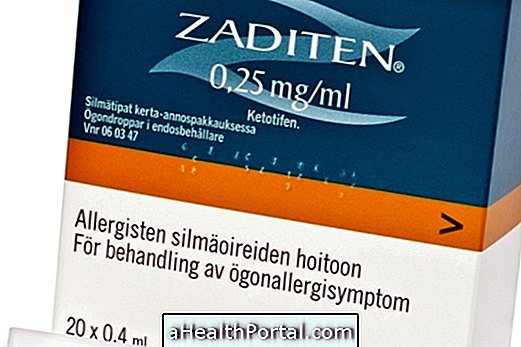The tetanus vaccine, also known as tetanus vaccine, is important to prevent the development of tetanus symptoms in children and adults, such as fever, stiff neck and muscle spasms, for example. This disease is caused by the bacterium Clostridium tetani, which can be found in various environments. When present in the body, it produces a toxin that can reach the nervous system, generating symptoms. Learn about the symptoms of tetanus.
Thus, the vaccine is important because it stimulates the body to produce antibodies against this disease, protecting against possible infections by this microorganism. This vaccine is divided in 3 doses, being indicated to take the first during childhood, the second 2 months after the first, and finally the third 6 months after the second. The tetanus vaccine must be boosted every 10 years and is included in the vaccination plan at no cost.

When to take the tetanus vaccine
Tetanus vaccine is recommended for children over 5 years of age, both adults and the elderly, and it is recommended to be taken with the diphtheria or diphtheria and pertussis vaccine, the latter called DTaP. The tetanus vaccine is only used when there is no double or triple vaccine.
The tetanus vaccine is produced from the inactivated tetanus toxin so as to be able to stimulate the immune system and cause the body to produce antibodies against that toxin, preventing disease.
The tetanus vaccine should be given directly to the muscle by a trained doctor, nurse or health professional. In children and adults, the vaccine should be indicated in three doses, with an interval of 2 months between the first doses and 6 to 12 months between the second and third doses being recommended.
The tetanus vaccine provides protection for 10 years and, therefore, must be strengthened so that the prevention of the disease is effective. In addition, when the vaccine is administered following the occurrence of a high-risk injury, for example, it is indicated that the vaccine is given in two doses within 4 to 6 weeks for the disease to be effectively avoided.
Side effects and contraindications of the vaccine
The side effects of the tetanus vaccine are considered local effects, such as pain and redness at the injection site. However, other effects that usually disappear after a few hours, such as fever, headache, irritability, drowsiness, vomiting, tiredness, weakness or fluid retention, for example, may develop.
The tetanus vaccine is contraindicated for patients who have a fever or symptoms of infection, as well as people who are allergic to any of the components of the vaccine formulation. In addition, if the woman is pregnant, breastfeeding or history of allergies, it is important to talk to the doctor before taking the vaccine.





















